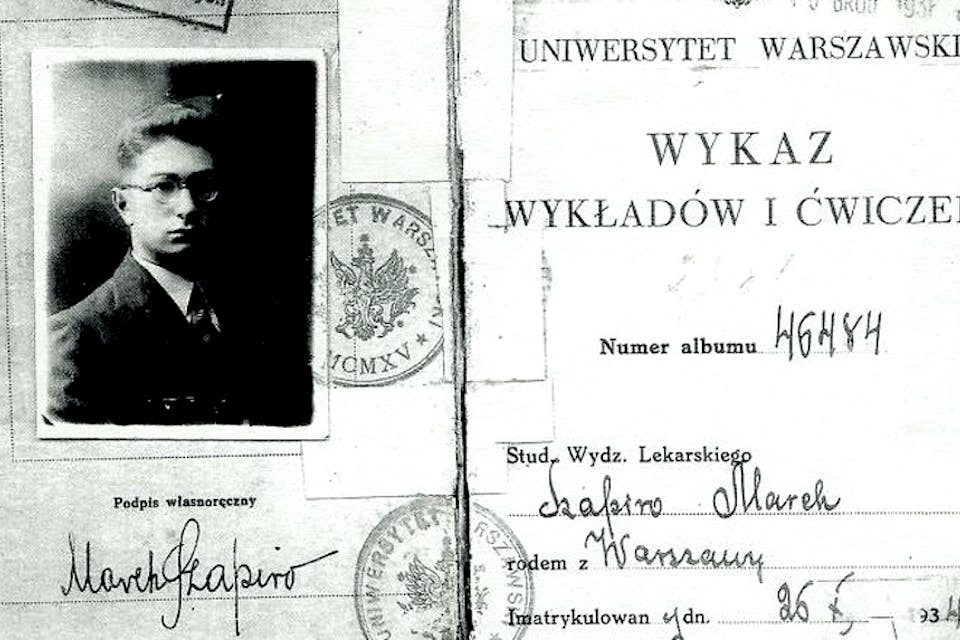
December 21, 2015
Jews and Other Poles
Poland offered Jews some of the best conditions they ever experienced in exile—until it didn't. How are Poles dealing with that history today?
Poland! It’s one of those words capable of causing a rift between otherwise perfectly compatible Jewish minds. When I mention an upcoming trip to Warsaw, a friend says: “How can you be going there?! I would never set foot in that place!” On my return, reporting on the country’s warming attitudes toward Jews to another friend who was born and spent her childhood there, she stops me: “I don’t want to hear any more.” I had forgotten for a moment that Polish neighbors had killed her father.
There is no way of simplifying or ironing out the relation of Jews to Poland, Poland to Jews, each to their common history. It is a fact that Poland offered Jews some of the best conditions they ever experienced in exile. Even if one discounts the saying, “Poland was heaven for the nobles, hell for the peasants, and paradise for the Jews,” it is plain that the last-named did enjoy unusual opportunities in the country—until they didn’t. A Failed Brotherhood is how the scholars Magdalena Opalski and Israel Bartal titled their book on Poles’and Jews’ perceptions of each other, leaving open the question of which of the two words deserves greater emphasis.
The immediate occasion behind my most recent visit to Poland—my fifth, but the first in over two decades—was the centenary of the death in April 1915 of Yizḥak Leybush Peretz, the Polish-Yiddish writer and national figurehead whose career reflected the vitality of modern Jewish culture at the turn of the 20th century. Peretz is a logical subject for Polish-Jewish commemoration since no one was more devoted than he to strengthening the creative interaction between what the historian Gershon Hundert mischievously calls “Jews and other Poles.” And sure enough, to mark the occasion, Polish scholars of Jewish history and culture had organized two full-scale conferences, one in Warsaw, co-sponsored with Israeli universities, and the other, “I.L. Peretz and his Circle,” that opened in Warsaw on September 7 and concluded three days later in Zamość, the city of Peretz’s birth. I attended and spoke at the second gathering, which featured about an equal number of local and visiting presenters and provided simultaneous translations into Polish and English—including at the one session conducted entirely in Yiddish.